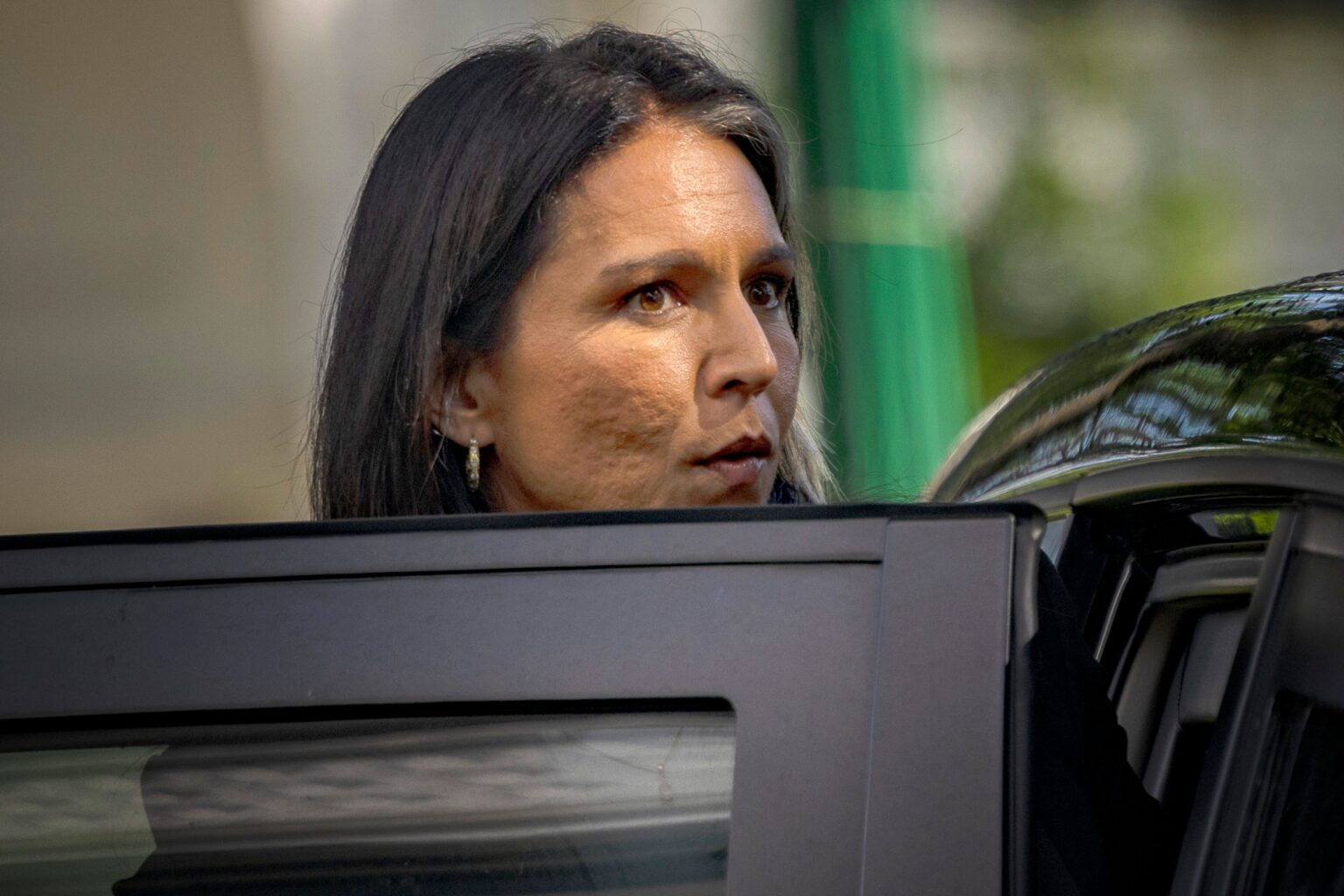Controversy Surrounds Recent Appointment in the Intelligence Community’s Oversight Office
The appointment of a controversial adviser to a senior position within the Office of the Inspector General (OIG) of the U.S. intelligence community has sparked significant concern over the independence of the federal watchdog tasked with oversight responsibilities. This development comes amid ongoing investigations into a leaked Signal chat involving top government officials discussing military operations against the Houthi rebels, raising questions about potential political influence on sensitive inquiries.
The Appointment of Dennis Kirk Raises Alarm
On May 9, Dennis Kirk, a former adviser at the Office of Personnel Management during the Trump administration and a co-author of a chapter on federal workforce reform for Project 2025, was assigned to a key role within the intelligence community’s inspector general’s office. According to sources familiar with the matter, Kirk reports directly to the Director of National Intelligence (DNI), Tulsi Gabbard, rather than to the inspector general, which has led critics to question the impartiality of the oversight process.
Congressional Response and Concerns Over Independence
In response to this appointment, Representative Stephen F. Lynch (D-Massachusetts), the acting lead Democrat on the House Oversight Committee, issued a formal letter demanding clarity from Acting Inspector General Tamara A. Johnson. Lynch emphasized that the appointment, which was disclosed by the Council of the Inspectors General on Integrity and Efficiency, could undermine the independence of the ICIG’s office. He expressed concern that placing a partisan figure with a history of allegiance to former President Trump in such a senior role might compromise the integrity of ongoing investigations, including the probe into the Signal chat.
Lynch’s letter highlighted the importance of maintaining the independence of the intelligence oversight body, especially given recent political appointments that have tilted the balance of neutrality within the community’s watchdog agencies. The law establishing the inspector general’s office was designed to ensure independent oversight, free from political influence, a principle now seemingly under threat.
Broader Context of Political Interference in Intelligence Oversight
This controversy is part of a broader pattern of politicization within the intelligence oversight apparatus. Since President Trump’s tenure, there has been a notable reshuffling of inspector general positions, with several officials dismissed or replaced by individuals with partisan backgrounds. In January, Trump removed most inspectors general at Cabinet agencies, and recent nominations have continued this trend, raising alarms among oversight advocates.
Mark Greenblatt, a former inspector general at the Department of the Interior and a former chair of the Council of the Inspectors General on Integrity and Efficiency, warned that placing a senior official who reports directly to the DNI could fundamentally undermine the independence necessary for effective oversight. Such arrangements risk turning the watchdog into an extension of political interests rather than an impartial entity.
Implications for Ongoing Investigations
The timing of Kirk’s appointment is particularly sensitive, given the ongoing investigation into the leaked Signal chat involving high-level security officials. The chat, which included discussions about planning military strikes on Yemen and inadvertently involved a prominent journalist, has become a focal point for concerns about politicization and improper conduct within the intelligence community.
Lynch expressed particular concern that the appointment could be an attempt to influence or obstruct the investigation, especially considering recent actions by Gabbard, such as the removal of senior intelligence analysts for seemingly political reasons. Last month, Gabbard dismissed the top officials at the National Intelligence Council following the release of a declassified memo that challenged the White House’s narrative on Venezuelan gang members.
The Role and Significance of the Intelligence Community Inspector General
Established by law in 2010, the Office of the Inspector General is tasked with providing independent oversight over the 18 agencies within the U.S. intelligence community. Its role became especially prominent during President Trump’s first term when then-ICIG Michael Atkinson alerted Congress to a whistleblower complaint concerning President Trump’s call with Ukrainian President Zelensky. This complaint ultimately led to Trump’s first impeachment, highlighting the critical importance of an independent oversight body.
In April 2020, Trump dismissed Atkinson, citing his performance as inadequate, further fueling concerns about political interference in oversight functions. The current controversy over Kirk’s appointment underscores ongoing debates about safeguarding the independence of the ICIG and ensuring that oversight remains free from partisan influence.
Looking Ahead: Safeguarding Oversight Integrity
As the debate continues, many experts and lawmakers stress the importance of reinforcing the independence of the intelligence community’s watchdogs. Ensuring that inspectors general operate without undue political pressure is vital for maintaining public trust and the integrity of national security investigations. The current situation underscores the need for clear policies and protections that prevent political appointees from compromising oversight functions, especially during times of heightened political tension.
In summary, the recent appointment within the intelligence community’s inspector general’s office has ignited concerns about politicization and the erosion of independent oversight. As investigations into sensitive leaks and operations unfold, the integrity of the oversight process remains a critical issue for national security and democratic accountability.

